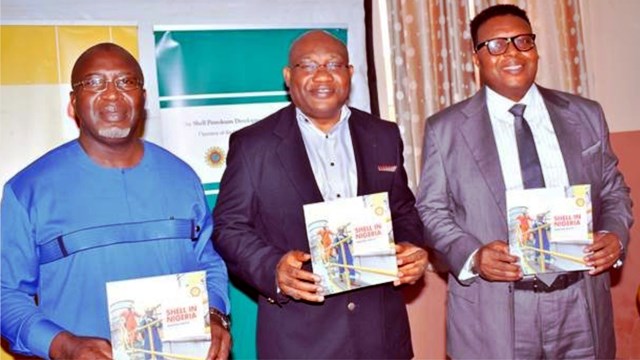Business
Why We Reduced 50% Lump Sum Payable To Retirees – PenCom

The National Pension Commission (PenCom) says the 50 per cent lump sum payable to retirees as gratuity on retirement from their Retired Saving Account (RSA) was reduced to enable retirees to earn at least 50 per cent of their last monthly salary as pension.
The spokesperson for PenCom, Mr Peter Aghahowa, made the clarification at the ongoing Pre-retirement Workshop for 2019 retirees at the University of Lagos.
The Tide source reports that more than 1,500 public servants from the ministries, departments and agencies including employees from the academia and the Nigerian Railway Corporation (NRC) attended the workshop.
Aghahowa said the move became necessary following complaints by retirees that their monthly pension was too meagre to meet their obligations.
“Initially, retirees were entitled to 50 per cent of their RSA as lump sum (gratuity) after retirement but because of complaints by retirees, PenCom reviewed the template to enable the retiree get 50 per cent of his last salary on retirement as his monthly pension.
“The monthly 50 per cent pension is calculated and deducted from the RSA and the balance is what is paid as gratuity to a retiree.
“It is important to understand that lump sum as gratuity means low pension while big monthly pension means low gratuity,” he explained.
Aghahowa said the percentage of the balance paid as gratuity could vary depending on the amount left after the retiree’s monthly pension had been taken care of.
According to him, the 50 per cent lump sum was reviewed by the commission in May this year through a revised template to Pension Fund Administrators (PFAs) to ensure that the retiree gets 50 per cent of his last salary on retirement for some years.
On deductions from a retiree’s contribution, Aghahowa said PenCom could not “willfully deduct” from a retiree’s RSA balance, except on exceptional cases.
He said a retiree’s RSA balance could be deducted if the retiree’s contribution was wrongly computed.
“This denotes that the retiree was overpaid based on the initial document he submitted but on verification of his document, some irregularities were discovered.”
To ensure sanity in the system, Aghahowa said the commission would continue to monitor the PFAs and the Pension Fund Custodians (PFCs) effectively.
He added: “The commission inspects the PFAs and PFCs two times in a year and receives their investment returns daily or weekly.
“The commission could sanction or withdraw the operating licence of any PFA or PFC that errs.”
Transport
Automated Points Concession : FAAN Workers Gave 72hrs To Revise Decisions In PH

Transport
FAAN Announces Pick-Up Points for Go-Cashless Cards

Business
Fidelity Bank To Empower Women With Sustainable Entrepreneurship Skills, HAP2.0
-

 Politics4 days ago
Politics4 days agoSenate Urges Tinubu To Sack CAC Boss
-

 News4 days ago
News4 days agoAmend Constitution To Accommodate State Police, Tinubu Tells Senators
-

 News4 days ago
News4 days agoDisu Takes Over As New IGP …Declares Total War On Corruption, Impunity
-
Business4 days ago
Crisis Response: EU-project Delivers New Vet. Clinic To Katsina Govt.
-
Business4 days ago
President Tinubu Approves Extension Ban On Raw Shea Nut Export
-
Business4 days ago
President Tinubu Extends Raw Shea Nuts Export Ban To 2027
-
Business4 days ago
Fidelity Bank To Empower Women With Sustainable Entrepreneurship Skills, HAP2.0
-
Sports4 days ago
NDG: Rivers Coach Appeal To NDDC In Talent Discovery

